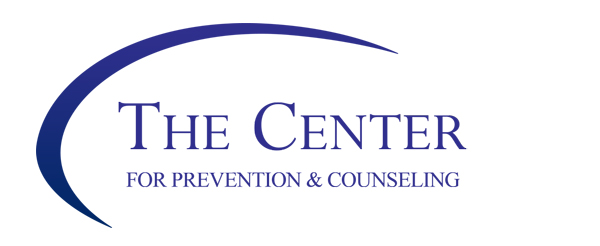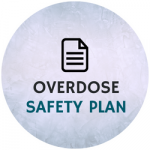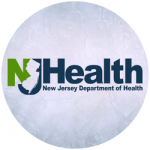Syringe access programs (SAPs) are public health services that provide new, sterile syringes along with other safer injection supplies, risk reduction counseling, naloxone/Narcan and connection to community resources like treatment and housing. Many people come to SAPs for the syringes and stay for the unconditional support.
NJ Harm Reduction Coalition
How it works
Come to the Harm Reduction Center located at 61 Spring St in Newton between the hours of 9-4 Monday-Friday. There is free, 1-hour parking on Spring St from Main St to Union Place and a metered lot in the back. Enter the building from Spring Street, and we're the first door on the left. If you are in need of transportation, or an after-hours appointment, please contact our helpline at 844-722-5327 option 3.
At your first visit, you can expect to;
- Learn about available support and services including connection with healthcare referrals, substance use treatment, overdose prevention and more.
- Get a Syringe Access Program membership card with a unique non-personal identification number to show that you received your supplies from a state funded HRC, giving you certain legal protections.
- Not be required to provide any personal information you aren’t comfortable with sharing in order to receive services.
- Be offered personal sharps disposal containers, naloxone (Narcan), drug checking equipment and other safer use supplies that can support your overall health and wellbeing.
- Be offered wound care supplies, or hygiene kits if applicable.
Sterile Syringe Access & Safe Disposal
Syringe Access Programs help protect communities against outbreaks of infectious disease and facilitate safe disposal of used syringes. Using sterile injection equipment for each injection can reduce the risk of contracting and transmitting infection and damaging veins and tissue.
Proper disposal of syringes can include using a personal sharps container to dispose of capped syringes and returning syringes to a Harm Reduction Center. If neither of those options are possible, cap your syringe and put it in a hard plastic container like a laundry detergent or Gatorade bottle. Label it "do not recycle" and throw it out with the household trash.
We offer a needs-based program, meaning we do not limit the number of syringes you can access based on how many syringes you return. Disposal of syringes at the Harm Reduction Center is not required but definitely recommended!
Drug Test Strips
Testing your drugs can help you determine what's in them so you can decide if/how to use them.
Fentanyl/fent/fette is a powerful opioid that increases risk of overdose and can be present in any substance including heroin, cocaine, crack, meth, ketamine and fake pills (pills from nonmedical sources).
In 2023, 98% of suspected heroin submissions to forensic labs in NJ contained fentanyl or fentanyl analogs, and a majority contained no heroin at all.
Xylazine/tranq (pronounced zie-luh-zeen) is a very strong tranquilizer used in veterinary medicine that is not approved for human use. Xylazine is mostly found in fentanyl and heroin and increases the risk of overdose. Tranq also causes severe skin wounds no matter how it's consumed.
In 2023, 52% of suspected heroin submissions to forensic labs in NJ contained xylazine.
*Xylazine Test Strips cannot be used on cocaine.
*Narcan won't reverse the effects of Xylazine since it's not an opioid, but Narcan will still work on the fentanyl or other opioids in an overdose.
- It works best to test all drugs you plan to use.
- If you can't do this, use at least 10 milligrams (enough to cover Abe Lincoln's hair on a penny)
- Finely crush drugs on a clean surface, then put in a baggie or container, like a bottle cap or even the bag that the strips come in.
- Add water to drugs and mix them up.
- For meth, MDMA and ecstasy, use 1 teaspoon of water for every 10 mg of powder you are testing.
- For all other drugs, use half a teaspoon of water.
- Cocaine can have a false positive for Xylazine if lidocaine is present.
- Place test strip with wavy side down in the water, and let strip absorb water for 15 seconds.
- Take strip out of water and place it on a flat surface for 5 minutes.
- A positive test means that the substance has been detected. If you are not planning to use that substance, avoid using the drug, and/or take steps to lower your risk of overdose.
- A negative test means that the substance has not been detected, but remember that no test is 100% accurate, so practice caution.
Smoking Supplies
Using your own, new glass stems/pipes and mouth pieces reduces the risk of contracting or spreading HIV and Hepatitis B and C through burns and cuts. Heating or burning soda cans, copper, or plastic to smoke drugs can release toxic fumes. The Harm Reduction Center offers pipes, stems, mouthpieces, screens, and lip balm.
Strategies for Safer Substance Use
While many people know strategies to consume alcohol or other legal drugs safely, not many people are familiar with strategies to use other drugs in a way that can prevent harm, including death, disease or the spread of infection.
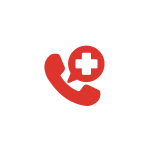

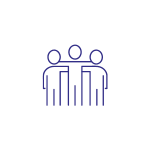
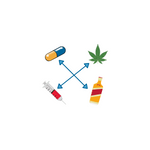

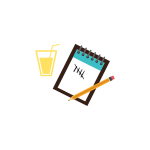

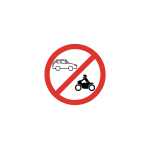
Other Resources
Safe(r) Drug Use 101 - National Harm Reduction Coalition
Safety Manual for Injection Drug Users - National Harm Reduction Coalition
If you are using alone there are some resources that can help.
The Never Use Alone hotline (877-696-1996) is manned 24/7 by volunteers who will collect basic information about you so they can call for an ambulance if you stop responding. This line has been 100% successful in preventing fatal overdoses.
The Brave Coop App is a web application that allows you to set up a personalized rescue plan in case you become unresponsive when you are using. Plans can include things like, "call my neighbor, and if they don’t answer call 911." Or, you can opt out of 911 calls entirely.
Fatal overdose is entirely preventable. The only reason people die from overdose is because they don’t get help in time. No one ever needs to die from an overdose!
